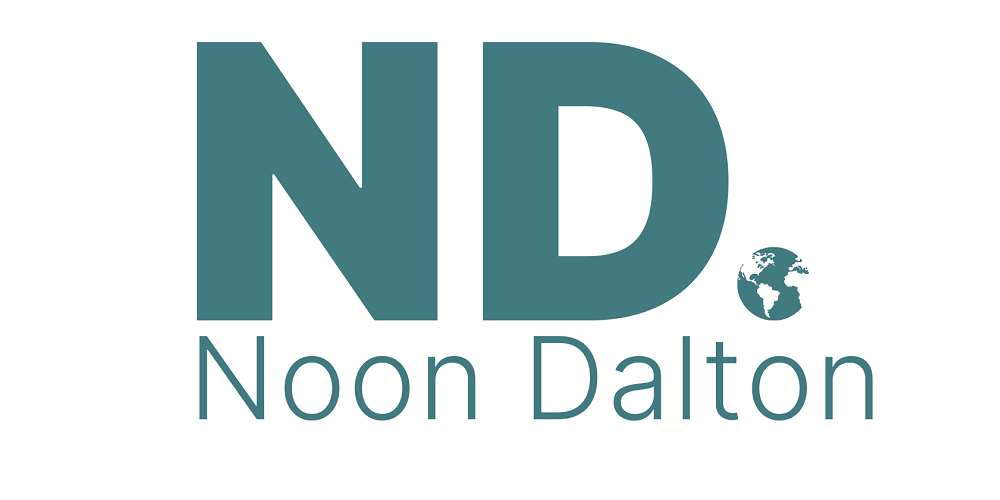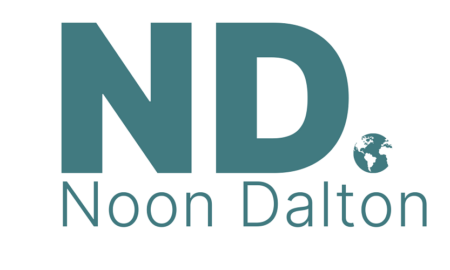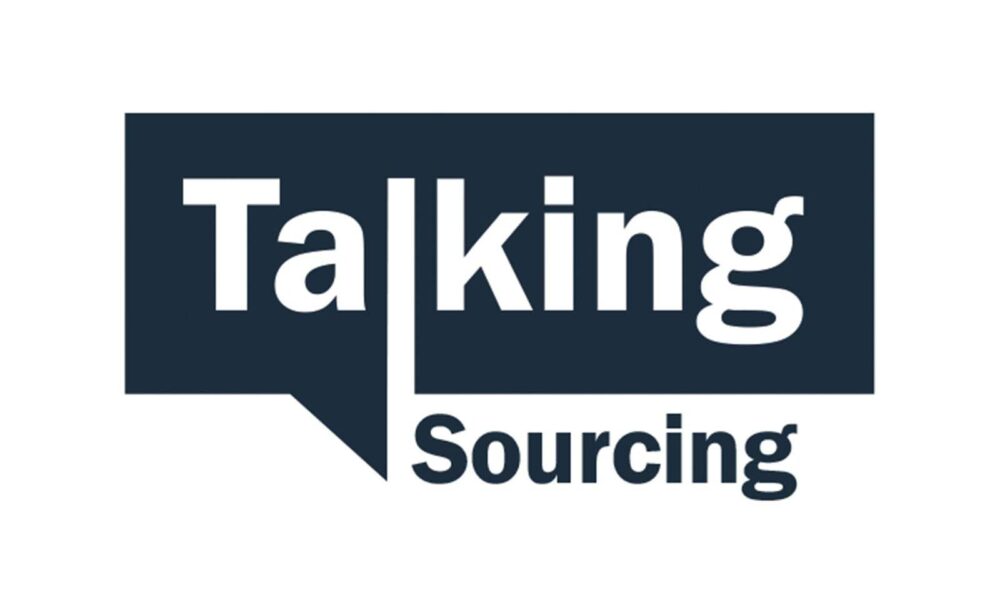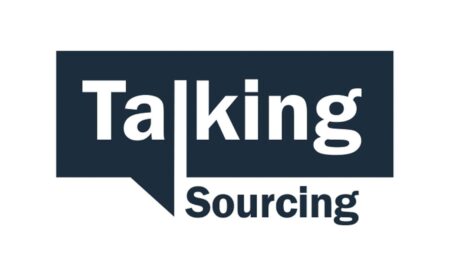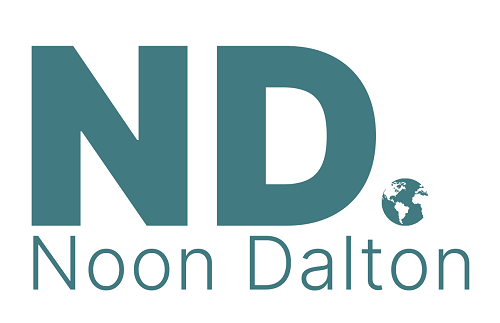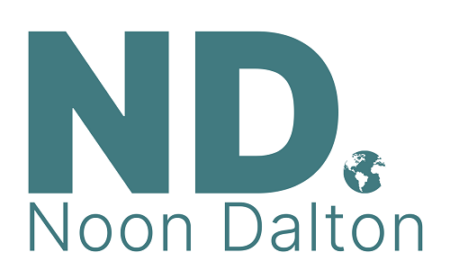Uncomfortable conversations are part of life. Addressing the elephant in the room is never fun, but to avoid doing so only results in greater heartache later on. And in the case of CX delivery, now is one of those times. Across major economies, satisfaction with customer experience is in free fall, and minor tweaks around the edges will not satisfy end-users who are more discerning than ever. Only by putting all elements of the CX delivery ecosystem onto the table can organizations improve their image. This includes thinking about who is on the frontlines of voice and digital support.
As a starting point to this discussion, some context is needed. At the end of 2023, no enterprise can be complacent about their CX performance. Consider that this summer in the UK, customer satisfaction is estimated to have fallen from where it was a year ago. And, despite some encouraging signs recently in the US, consumer experience levels are still far below where they were prior to the pandemic.
Customer evolution plays a part in this. Today, end-users communicate across multiple channels. They have much less brand loyalty and are more impatient (bordering on angry) than ever before. In a hyper competitive marketplace, having the right talent on hand to drive the best results and retain loyal customers counts for a lot.
Given this, it’s important to rethink agent profiles. It can be argued that in the past people who were recruited to work in onshore contact centers tended to be those with limited interest in front-line service roles. Often these agents came to the job with limited technology skills or higher education. The result was poor interactions with end-users, which is a recipe for bad CSAT scores, increased costs, and high turnover.
As 2024 approaches, enterprises and their outsourcing partners should throw out the dated notion of agent recruits and start anew. The “average recruit” should be recast as the “ideal agent.”
In so doing, CX decision-makers will have to reassess how best to hire and retain people with problem-solving skills, an analytical mindset, and a solid command of technology. This will limit the initial training needed for agents to operate in a modern business environment. In time, the ideal agent is more likely to prove ambitious, moving up within the organization as they help end-users and by identifying and solving problems that the business faces.
On paper, this sounds like a tall order. But, rethinking the ideal agent profile also means looking at new recruitment practices. All CX operators, whether in-house or BPO, need to participate in recruitment fairs at universities, community colleges, and tech schools. The reality is that customer experience is a profession and has every right to compete for the best and brightest graduates alongside education, finance, or technology.
Of course, this means getting serious about offering career paths for new agents, but starting on the front lines and learning a business from the ground up is a recipe for success. One need only ask those that have forged careers in banking by starting as tellers as an example. And, the CX / BPO sector is littered with examples of agents that have moved from the telephones to leadership roles – these need to be quantified and used as case studies to draw in ambitious, skilled recruits yearning to join a cutting edge industry.
CX needs to be made a desirable industry in which to work, one that provides rewarding and challenging opportunities with upward mobility. In essence, rethinking the ideal agent profile is a win-win that no CX decision-maker can afford to miss, and there is no time to waste in doing so.




